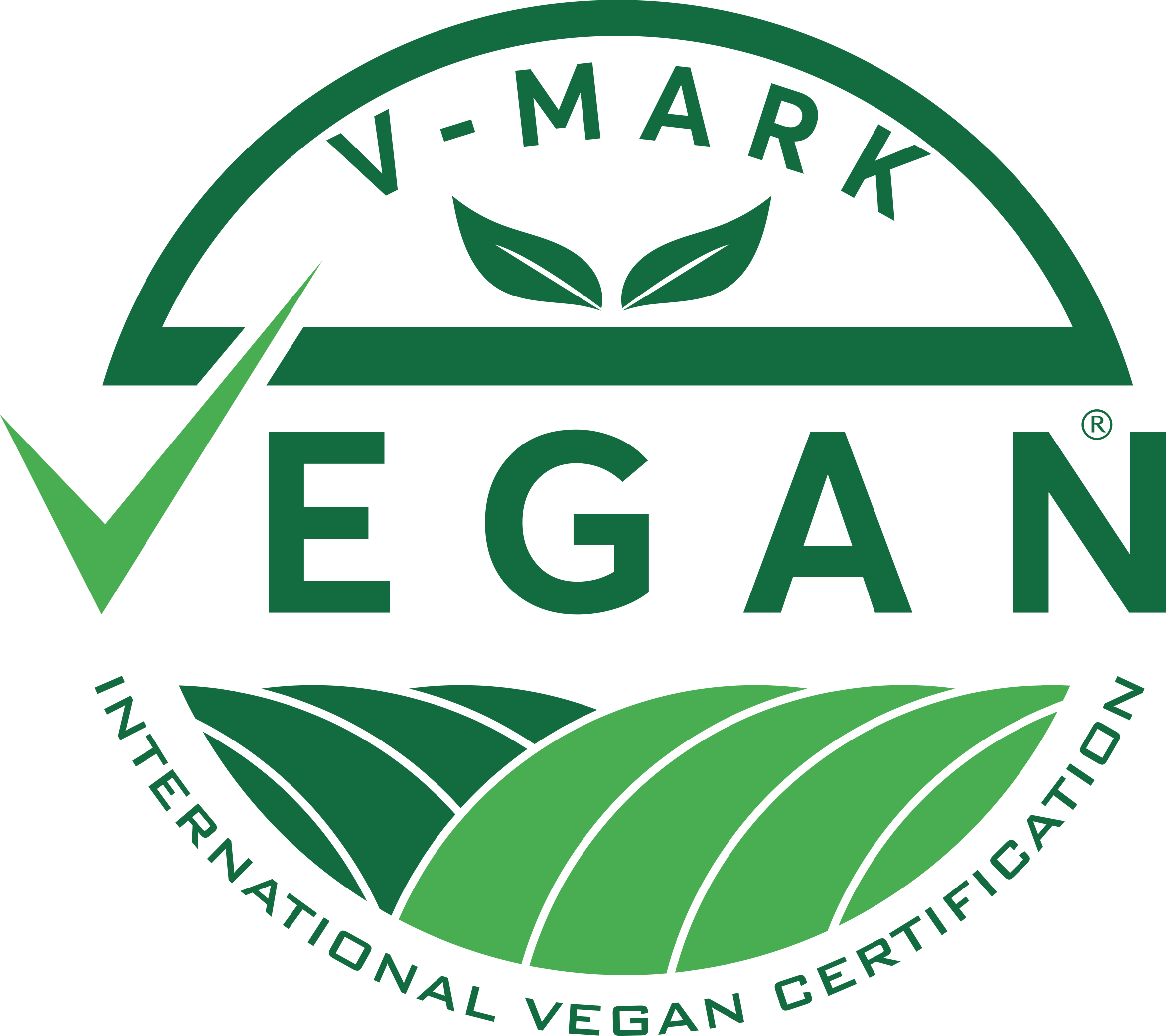Veganism and Personal Care: Choosing Cruelty-Free Products
Veganism is a lifestyle choice that involves abstaining from the use of animal products and by-products. This includes the foods we eat, the clothing we wear, and even the personal care products we use. Not only does opting for vegan personal care products help promote a cruelty-free lifestyle, it also has many other benefits.

For starters, vegan personal care products are typically made without harmful animal-derived ingredients, such as lanolin, beeswax, and collagen. These ingredients can be harsh on the skin and may even lead to allergic reactions. Vegan products are also often free of synthetic fragrances, dyes, parabens, and other potentially harmful additives. By using vegan products, you can be sure that the ingredients are safe and non-toxic.
In addition to the health benefits, vegan personal care products are also more eco-friendly. Many of the ingredients used in vegan products are plant-based and sustainably sourced, meaning they do not harm the environment. For example, vegan soaps often use coconut oil or olive oil instead of animal fats. This helps reduce water pollution and energy consumption during the manufacturing process.
Finally, choosing vegan personal care products is a great way to show your commitment to a cruelty-free lifestyle. Animal testing is still widely used in the beauty industry, even though there are now plenty of alternatives. By opting for vegan products, you can be sure that no animals were harmed in the making of your favorite soap, shampoo, or lotion.
In conclusion, veganism is an increasingly popular lifestyle choice, and one of the best ways to show your commitment is by choosing vegan personal care products. Not only are these products more eco-friendly and cruelty-free, but they are also typically made without harsh chemicals or animal-derived ingredients. So, the next time you’re shopping for personal care products, make sure to read the labels and look for the “vegan-friendly” sign.
Blog
- Are Vegan People Healthy? Examining the Science Behind a Plant-Based Diet
- Is Veganism Harmful? A Look at the Risks and Benefits
- The Ethics of Veganism: Why People Choose a Plant-Based Diet
- The Health Benefits of Veganism: What the Research Shows
- The Myths and Realities of Veganism: Separating Fact from Fiction
- The Rise of Veganism: A Look at the Growing Movement
- Veganism 101: An Introduction to the Vegan Lifestyle
- Veganism and Aging: Can a Vegan Diet Help You Live a Longer, Healthier Life?
- Veganism and Beauty: Plant-Based Options for a Compassionate Regimen
- Veganism and Cancer: Does a Plant-Based Diet Reduce the Risk of Cancer?
- Veganism and Diabetes: Can a Plant-Based Diet Help Manage Diabetes?
- Veganism and Dining Out
- Veganism and Fashion: Ethical and Sustainable Options
- Veganism and Fitness: How to Build a Strong and Healthy Body on a Plant-Based Diet
- Veganism and Gifts: Ethical and Sustainable Options for All Occasions
- Veganism and Health: Debunking Myths and Exploring the Benefits
- Veganism and Heart Health: Is a Vegan Diet Good for the Heart?
- Veganism and Holidays: Celebrating Compassionately
- Veganism and Nutrient Deficiencies: How to Ensure a Balanced and Healthy Diet
- Veganism and Parenting: Raising Compassionate Kids in a Plant-Based Household
- Veganism and Personal Care: Choosing Cruelty-Free Products
- Veganism and Social Justice: How the Vegan Lifestyle Can Help Create a More Equal World
- Veganism and Travel: Tips for Staying Vegan on the Go
- Veganism and Weight Loss: Does a Plant-Based Diet Promote Healthy Weight Loss?
- Veganism and the Environment: The Impact of a Plant-Based Diet
- Veganism for Beginners: A Step-by-Step Guide to Adopting a Plant-Based Lifestyle

GET CERTIFIED
